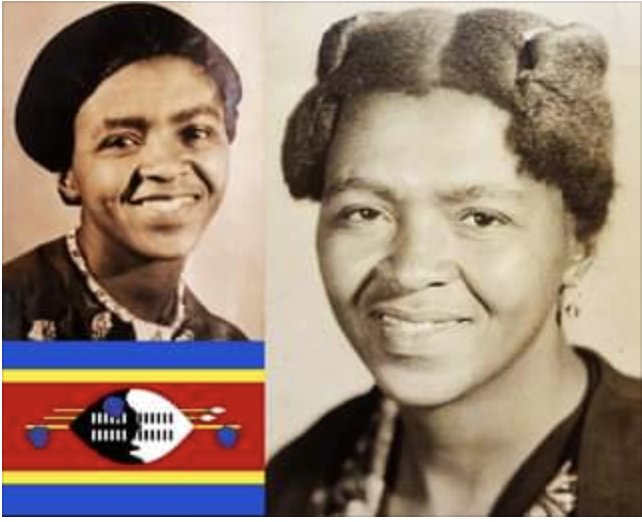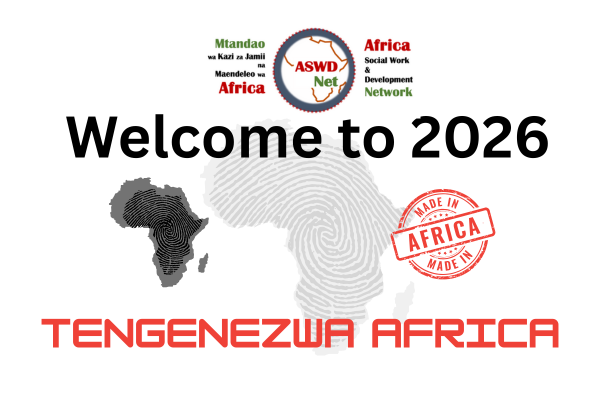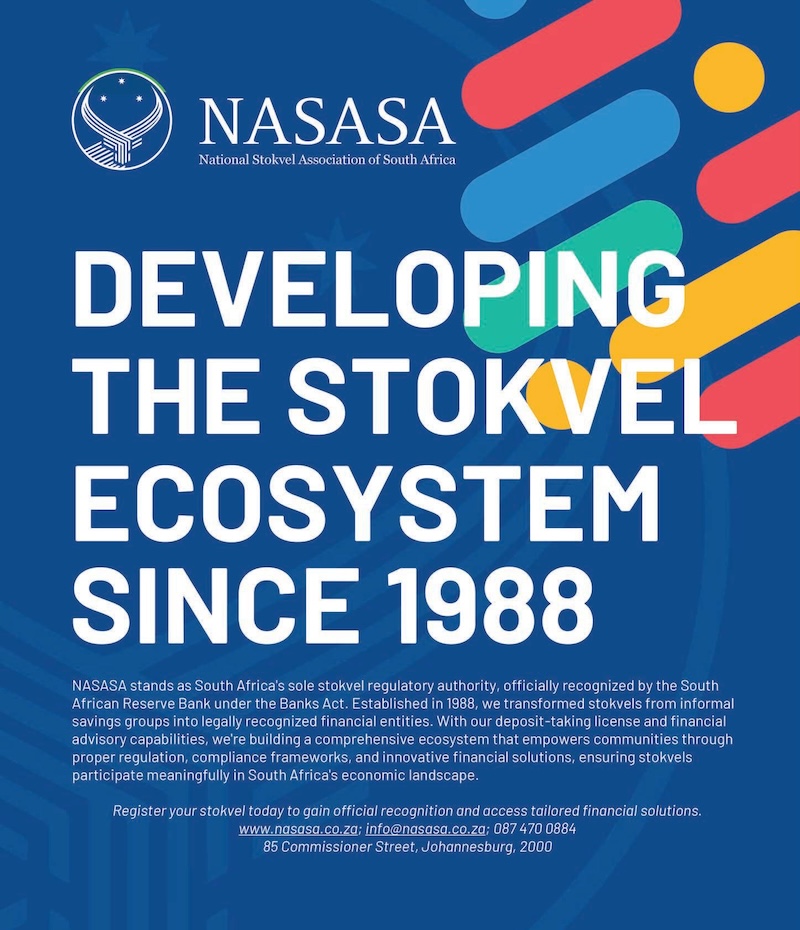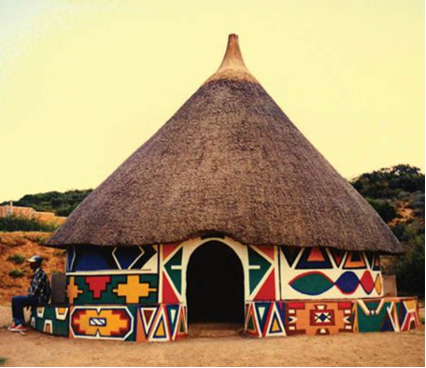
Regina Gelana Twala (1908-1968)
A social worker, anthropological researcher, writer, activist and feminist in South Africa and Eswatini.

In 1948, she became one of two women to get a social science degree from University of the Witwatersrand. Under apartheid, many of her several manuscripts were deemed unfit for publication.
In 1913, the white repressive rulers of South Africa passed the Native Land Act, shared land of black people and moved black people to crowded urban villages. This is what Gelana, her family and community experienced when she was 30 years old – they were moved from rural Natal to Johannesburg.
She later studied social work at the Jan Hofmeyr School of Social Work, where Minnie Mandela and Joshua Nkomo studied. After finishing the program, she could not find a job, and ended up as a domestic worker at a home of white people. This shows the inappropriateness of western styled social work education in Africa.
As an activist, she was jailed in 1952 after taking part in the popular Defiance Campaign against colonisation. She did more activism in Eswatini where his husband came from.
Her research work on women and African society was remarkable but was not recognised, in fact, the white researchers she worked with got awards because of her work. A key pillar of her research was her refusal that researchers anthropologist Hilda Kuper, who was white, owned ‘research sites and research subjects.’ For her, this was absurd. Another white researcher, an anthropologist from Sweden, had Mrs Twala do research and got all the credit. Kuper is known in the western world for that research, but Mrs Twala is not known at home and abroad.
What are key lessons from this biography:
- African social workers were not recognised in western social work training. In the syllabus, western social workers are all over the history of social work, but people like Mrs Twala are not there. These are people who should form the history and basis of African social work.
- In research, we learn that researchers don’t own communities or participants. Research should be collaborative.
- African women played a huge role in the initial days of social work in Africa and they continue doing so today.
- Western literature that found its way in African social work was at the expense of African literature. While the work of Africans like Mrs Twala was being hidden, social work literature from the west was being shipped to Africa. Decolonisation means doing away with colonial literature and revaluing African literature.
- Political activism, advocacy and writing are key components of African social work.




You must be logged in to post a comment.